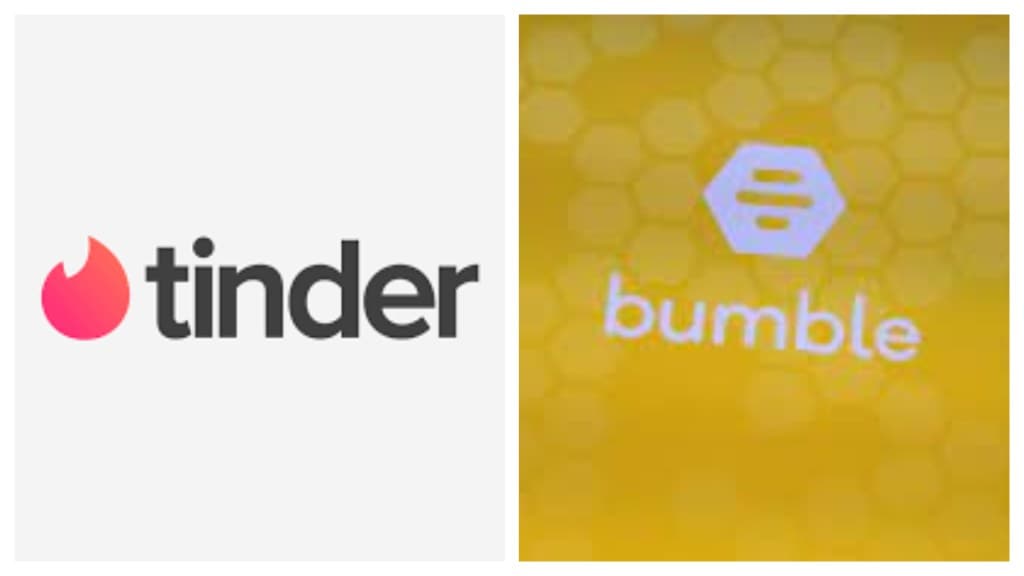This is a love affair with a swadeshi twist. At a time when international dating apps are scaling down in India, homegrown platforms seem to be cashing in on love at first swipe.
According to Tracxn, there are 174 active Indian dating apps today, with players such as TrulyMadly, Fluttr, Elevn and Aisle leading the pack. Investors include We Founder Circle, Venture Catalysts and Inflection Point Ventures.
Quite a few of these desi online dating services are offering niche online dating services and catering to the vernacular-speaking Indians. Venture capitalists tracking the sector told FE that the opportunity is significant. The youth, particularly in small towns, want autonomy in finding partners but do not necessarily identify with the hookup culture of Western apps. “In India, where marriage is the primary goal and family considerations matter significantly, the value propositions offered by global apps miss the mark,” Arjun Malhotra, general partner at Good Capital, said. The VC firm is evaluating investments in the space.
In contrast, several foreign players have cut staff and marketing spends owing to poor monetisation, low willingness to pay by users, cultural stigma around dating and skewed gender ratios. The poor performance in their home countries have also played a critical role.
Cultural nuance and high-intent features drive local niche
Local dating firms are addressing these cultural nuances with innovation. Their features go beyond language localisation, extending into privacy settings, verification protocols and discovery formats that reflect Indian sensibilities. Knot Dating, for instance, requires income verification through offer letters or salary slips, catering to users who want economic compatibility assured. Luxury platforms such as Luxy and Glambu use similar mechanisms, restricting access to male members earning over Rs 50 lakh annually.
Aisle, acquired by Info Edge India in 2022, is among the most prominent players. The company is reporting steady growth even as fatigue with swipe-based dating sets in. “Today’s users seek meaningful connections and genuine companionship, not fleeting encounters,” Chandni Gaglani, head of Aisle Network, said. The firm posted 123% growth in FY23, followed by 10% in FY24 and 7% in FY25. Currently, it is expanding at 35% year-on-year, with some vernacular-first verticals scaling at 60–70%.
Innovative pricing and gender balance key to profitability
Balancing the gender ratio is a core focus for local apps, as this determines the overall experience. Aisle, for example, deploys AI-led recommendations, differential pricing and product redesigns aimed at female comfort. “This is a network-effects business. “When the female-to-male ratio declines, the entire experience begins to break down, and that’s when a majority of users look at new options. In India, global apps haven’t always managed to maintain novelty or gender balance at scale, which explains why they are pulling back,” Rohit Krishna, general partner at WEH Ventures, said.
Pricing has also been a sticking point for global players. With customer acquisition costs of over Rs 180, many of the foreign players resort to premium subscriptions priced above Rs 900 per month. This keeps paying users at around 3–4%, resulting in heavy cash burn. In contrast, Fluttr, which operates in multiple Indian languages, has an acquisition cost of just Rs 11. It has scrapped subscriptions, instead offering micro-transactions priced between Rs 30-80.
“We have achieved 20% paying users and will turn profitable next month,” said Kaushik Banerjee, co-founder and CEO of Fluttr. The app has been downloaded 1.5 million times and has an annual recurring revenue of Rs 4 crore, which it plans to double this year.
The evolving aspirations of youth in smaller cities are central to this growth story. Fluttr says its target audience is 500 million non-English-speaking young people in towns where dating app penetration is less than 4%.
Technology has become a differentiator too. Homegrown platforms are investing in AI for matching, scam detection and user verification. Aisle is building “Aisle Experiences”, curated offline events backed by AI insights from its user data. Meme-based app Schmooze has taken a compatibility-first approach, using billions of meme swipes to create what it calls a “vibe match”. “Simply copying global peers with minor tweaks won’t work. Women, in particular, feel more comfortable with content-led formats,” Vidya Madhavan, founder and CEO of Schmooze, said. The app has 3.5 million users in India and claims revenues have tripled in the last month.
Experts believe the Indian dating ecosystem has room to grow, provided execution remains sharp. “Subscriptions and paid features can scale if users feel that match quality is improving. The real moat here is a defensible network which is aimed at driving retention, willingness to pay, and word-of-mouth, a sure-shot indicator of user trust,” Krishna said.
